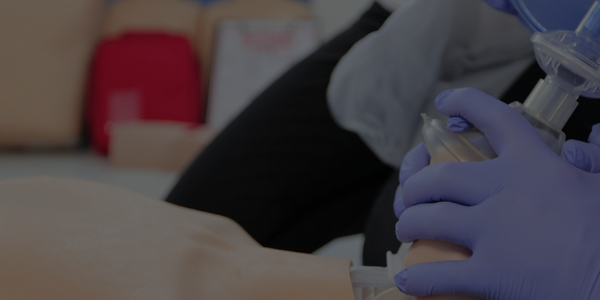Below are the 3 top tips to help you avoid mosquito bites while spending time in nature
Spend time in nature this summer without mozzies ruining your fun. Here’s how to fight the bite – day and night.
If you’re enjoying the great outdoors, whether it’s camping along the Murray, walking in one of our national parks or just enjoying the gift of nature at your favourite spot, the last thing you want is mosquitos spoiling your day.
Mozzies love long summer days and nights as much as we do, and everyone knows they’re a nuisance. But they can also spread some serious diseases if they bite, so it’s important to prepare before you go and take action while you’re there.
The most common of these diseases seen in Victoria and South Australia is Ross River virus, followed by Barmah Forest virus.
Rarer, more serious and sometimes fatal are Murray Valley encephalitis and Kunjin virus.
While mosquitos are about, rather than running for the hills there are some simple things you can do to prevent being bitten.
Here’s some easy-to-follow tips:
1. Cover up
- Pack and wear long, loose-fitting and lighter coloured clothing.
- Make sure clothes cover as much of the body as possible.
- Mozzies can bite through tight clothes like jeans – so choose loose.
- If travelling/holidaying with a baby or a toddler, use mosquito-proof netting on prams and strollers.
2. Repel
- Use insect repellent containing DEET (diethyl toluamide) or picaridin.
- Consider using mosquito coils outside.
- Follow the instructions on the labels of any repellents you use.
3. Eliminate
- Mozzies breed in still water – fresh or salty. So look around the cabin, shack, caravan or tent site and empty any water in containers (no matter how small) and/or cover things holding water.
- Same goes for boats, canoes and dinghies – store these so they can’t and don’t hold water.
If in case you have mosquito bites, follow steps below on how to treat it:
Mosquitoes cause itchy bites but severe allergic reactions are rare. Some types of mosquitoes can spread serious diseases. Follow steps below:
- See your doctor if you develop a rash, flu-like symptoms such as fever, chills, headaches, joint and muscle pains (swelling or stiffness), fatigue, depression and generally feel unwell.
- Most mosquito bites can be managed by washing the area with soap and water and applying an antiseptic. Cold packs may help with local pain and swelling. Talk to your pharmacist or doctor about what treatments are best for you if the bite is very itchy.
- To lessen your chance of being bitten by mosquitoes (and midges), cover up as much skin as possible and stay inside in the early morning or at dusk. Use an insect repellent when you are out and about and there are mosquitoes around.
- Information on avoiding mosquito bites can be found on our website!
Please note that regular First Aid and CPR Training is the best way to make sure that you’re prepare in the case of an emergency.
Book CPR and First Aid Training in Tullamarine, north west of Melbourne or we can come to your location. 10% off for a group of 10 or more!
Find this article useful? Read more of our blogs here!





